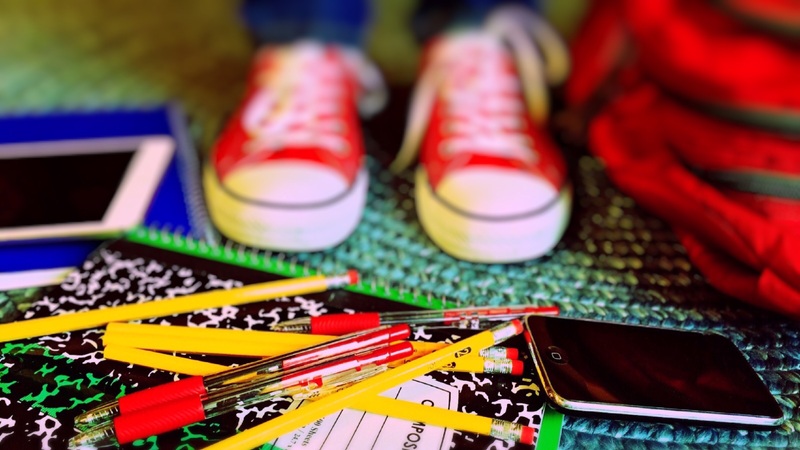Why is Play Important for Kids and Parents
As a play therapist, I am continuously reading play therapy research, articles, and books on play. Play has always fascinated me since my first child was born, watching his play, and then my second child was born and watching how play developed over time between them.
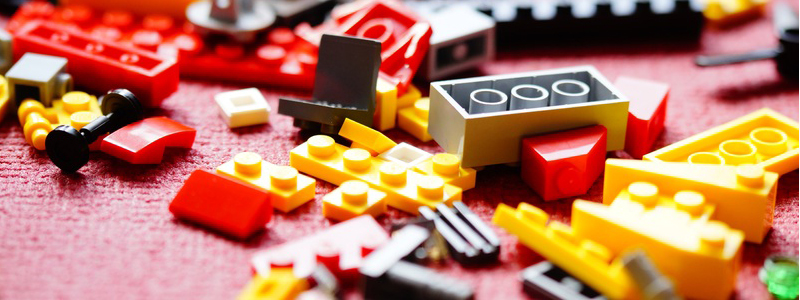
My son Michael loved to build blocks and play with Legos while my daughter Kirstin, being 2 years younger, loved to watch and push the blocks to fall down and modeling her brother’s play. My son would try to communicate and say, “No, Kiri, stop!” and would cover the area with his hands or give her some blocks to play with so she would leave his alone. They would play pretend cops and robbers as she got older, hide and seek, and try to compete who was running faster. Of course, as my daughter got older, she gave Michael a run for his money, as they say. She was quick and very competitive. My favorite time with my kids was playing with them, going into their world and just learning about them, having fun, laughing, giggling, but also setting rules or boundaries depending on what kind of play was going on but allowing whatever wanted to show up in the play to show up. I didn’t feel I needed to control the play but just followed the play, leading to set limits or rules, or giving hugs when feelings were hurt. I’ve always stepped into play with curiosity as to what I can learn about my children but I also came to realize that I was also learning a lot about myself as well through play.
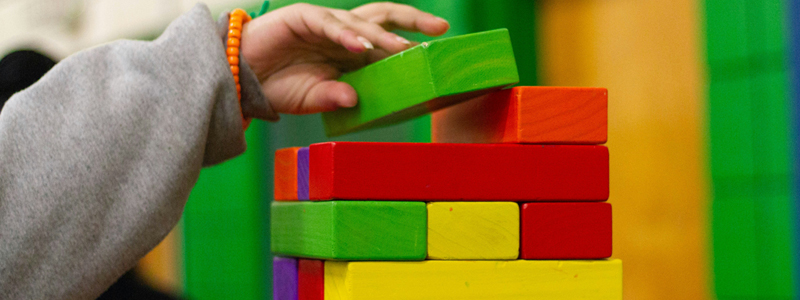
Play is a vital part of a child’s physical, emotional, mental, and social development. There is a lot of discussion among psychologist, therapist, and the American Pediatric Association that children are playing independently less than they used to and this is taking a toll on their mental health. Current research reports that decreased unstructured play (free play) is increasing the mental health crisis of children more than the social media usage. However, in my opinion, both are related as more social media becomes a larger part of their lives and thus less play occurs. But that isn’t the only reason for children’s mental health crisis. Academic pressures and supervised play that does not allow for unstructured free play also contributes to the crisis.
When kids play it builds their social skills, self-regulation, gross and fine motor skills, empathy, rules and boundaries, communication, and helps to develop creative thinking through pretend play. Play is also linked to happiness. One study found play is positively linked to happiness. Research conducted in 2020 with 42 preschool children (aged four to six), one hour of play and 10 minutes of indoor mindfulness over five days increased children’s happiness by nearly 20% (Pre-test happiness score: 4; post-test happiness score: 4.7). This is the result of five days which according to researchers is significant.
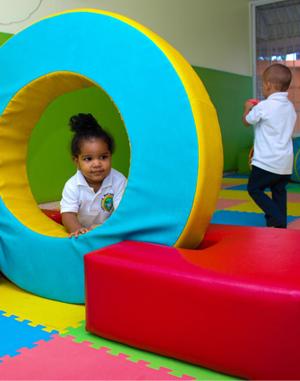
But here’s the other important piece: play is not only good for children but good for parents as well. However, when you look at the crisis of mental health of children, we have to look at how we, as parents, also play to connect with our children, with others, and, care for ourselves. Children learn how to play because parents haven’t forgotten how to play, they play with their children and bring play into their own lives. Children model their parents, you are their most important people in their lives even if your teenager acts like you’re not, but you are! They learn from you on how to care for themselves because you take care of yourself, how you take time to play as much as you value work ethic and responsibility. They learn to connect through play and playing with children allows for a natural way to connect with them. Building relationship with your kids through play is fun, stimulates the part of the emotional brain and helps them to feel good feelings and memories of their connection with you.
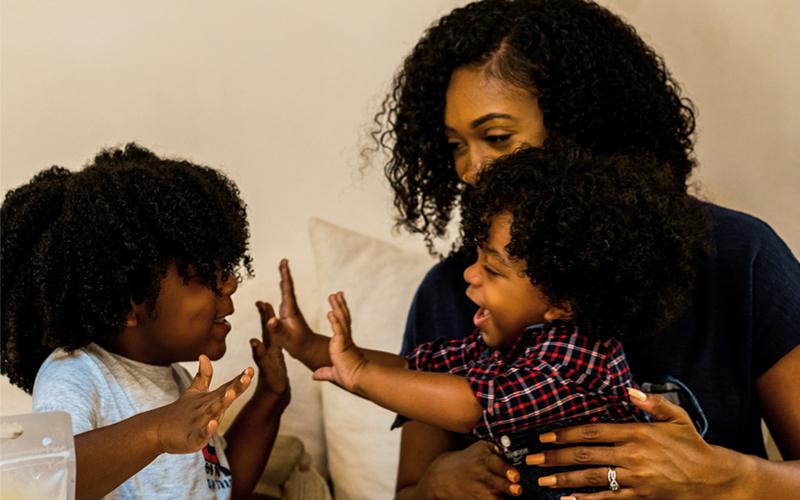
Finally, play with your children helps you to learn about yourself just as much as you learn about your children. I learned a lot about myself when I played with my children. For example, I liked rules a little too much, that making mistakes wasn’t easy for me as much as it was for my child. I also came to recognize that I had a talent and enjoyed creative storytelling with my children, drawing and painting made me happy and that these were activities I had forgotten about from my own childhood. As my kids got older, I began to paint more and now it is not just a hobby but part of what I integrate into my work with children and adults in therapeutic setting.
Follow the link below to read more on why play is so important for children:
In my next blog I will give you reasons adults need to play that are vital to your overall health.

